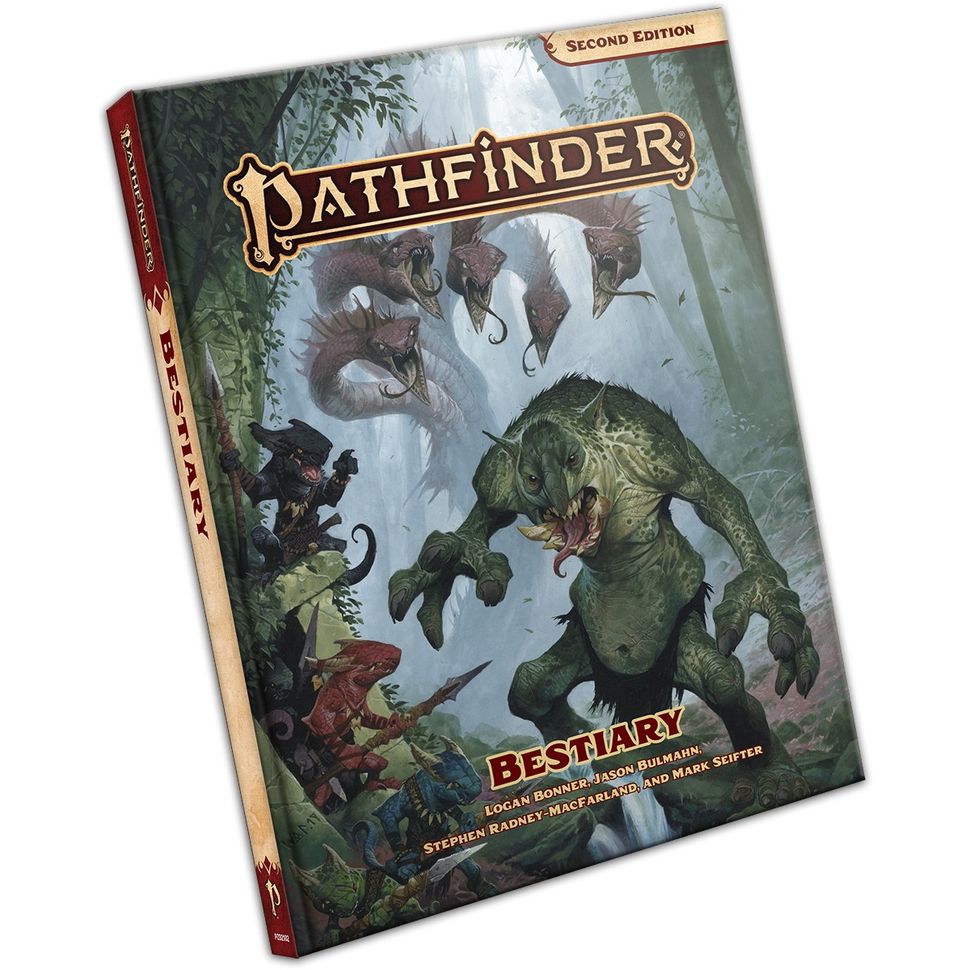


Is invoked with their last pool of hit points (unless they've been killed.if so, they come back with half their hit points)Īrea spells like fireball can also deal with bunch of summoned monsters.Goes back to their plane if their conjurator is unconscious (or sleeping).If the conjurator uses exclusively his eidolon, don't forget that the eidolon: He may be surprised when a monster he summoned to protect him suddenly attacks him )Īlso (thanks to and lvl 1 protection from chaos/law/good evil ward off summoned creature (except the eidolon). There are spells to counter that:ĭon't forget that theses spells use the summoned creature’s will save, not the summoner’s. Adjust your encounters instead.Ī summoner uses monsters to fight for him. Changing the rules during the game is really frustrating for a player. Yes, you can, you are the DM, but no, you shouldn't. Sometimes, an overpowered character is the result of someone missing or misunderstanding a rule in a way that would benefit a character. Arcane spellcasters are supposed to be quite powerful, especially at high levels, and it's considered unfair to nerf a player's abilities just because they're successful (the common example is making every monster fire resistant just because someone played a fire-specialist mage).Īlso, check that both you and your player are understanding the rules correctly. To answer your question directly, however: You technically have the power to do anything, including change any rule or nerf any character's stats, but in practice, as you may have surmised already, most players consider this unfair.Ī more egalitarian approach, as suggested in Alkano's answer, is to occasionally throw up opponents who are resistant to his power. The next time the player tries to take extra loot, remind everyone that he's violating that agreement. Ask if fair distribution is their expectation, and if so, ensure that everyone officially agrees to this. The solution here, as with many player problems, is talk to your players about this. It's just that he's stealing the items due to other players before anyone else can claim them, so it's not immediately obvious that what he's doing is theft. The treasure thief is breaking an unwritten rule, and effectively stealing from his party. However, the other players probably have an expectation that all loot will be divided evenly and fairly. You don't have a balance problem, you have a treasure thief problem.Ī common type of problem player is the treasure thief: typically a rogue who sneaks ahead and claims the best loot for themselves before the party can find it.


 0 kommentar(er)
0 kommentar(er)
